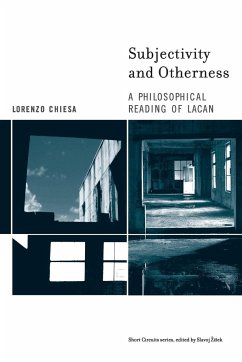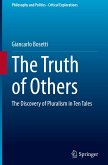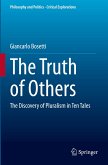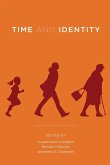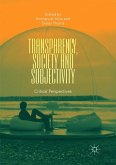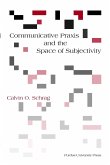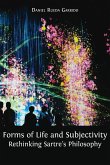The evolution of the concept of subjectivity in the works of Jacques Lacan. Countering the call by some "pro-Lacanians” for an end to the exegesis of Lacan's work—and the dismissal by "anti-Lacanians” of Lacan as impossibly impenetrable—Subjectivity and Otherness argues for Lacan as a "paradoxically systematic” thinker, and for the necessity of a close analysis of his texts. Lorenzo Chiesa examines, from a philosophical perspective, the evolution of the concept of subjectivity in Lacan's work, carrying out a detailed reading of the Lacanian subject in its necessary relation to otherness according to Lacan's orders of the Imaginary, the Symbolic, and the Real. Chiesa emphasizes the continuity underlying apparently incompatible phases of Lacan's examination of the subject, describing Lacan's theory as a consistent philosophical system—but one that is constantly revised and therefore problematic. Chiesa analyzes each "old” theory of the subject within the framework of a "new” elaboration and reassesses its fundamental tenets from the perspective of a general psychoanalytic discourse that becomes increasingly complex. From the 1960s on, writes Chiesa, the Lacanian subject amounts to an irreducible lack that must be actively confronted and assumed; this "subjectivized lack,” Chiesa argues further, offers an escape from the contemporary impasse between the "death of the subject” alleged by postmodernism and a return to a traditional "substantialist” notion of the subject. An original treatment of psychoanalytic issues, Subjectivity and Otherness fills a significant gap in the existing literature on Lacan, taking seriously the need for a philosophical investigation of Lacanian concepts.
Hinweis: Dieser Artikel kann nur an eine deutsche Lieferadresse ausgeliefert werden.
Hinweis: Dieser Artikel kann nur an eine deutsche Lieferadresse ausgeliefert werden.

